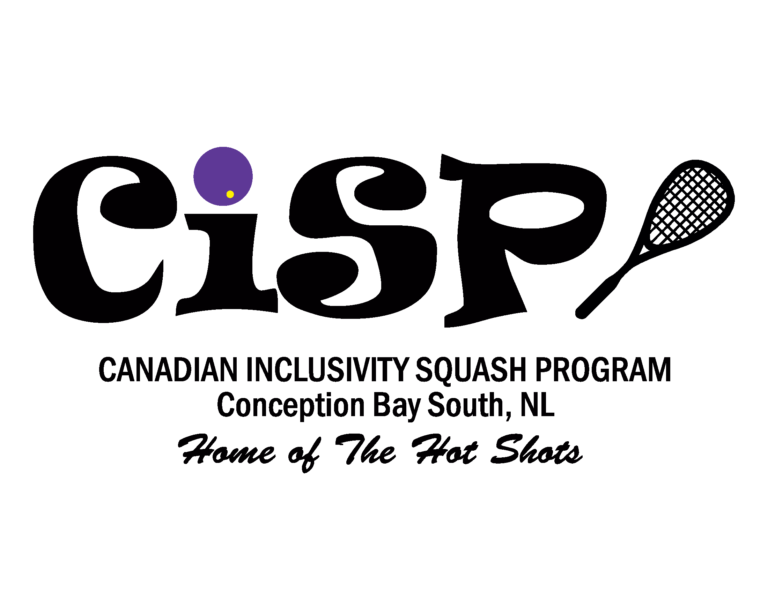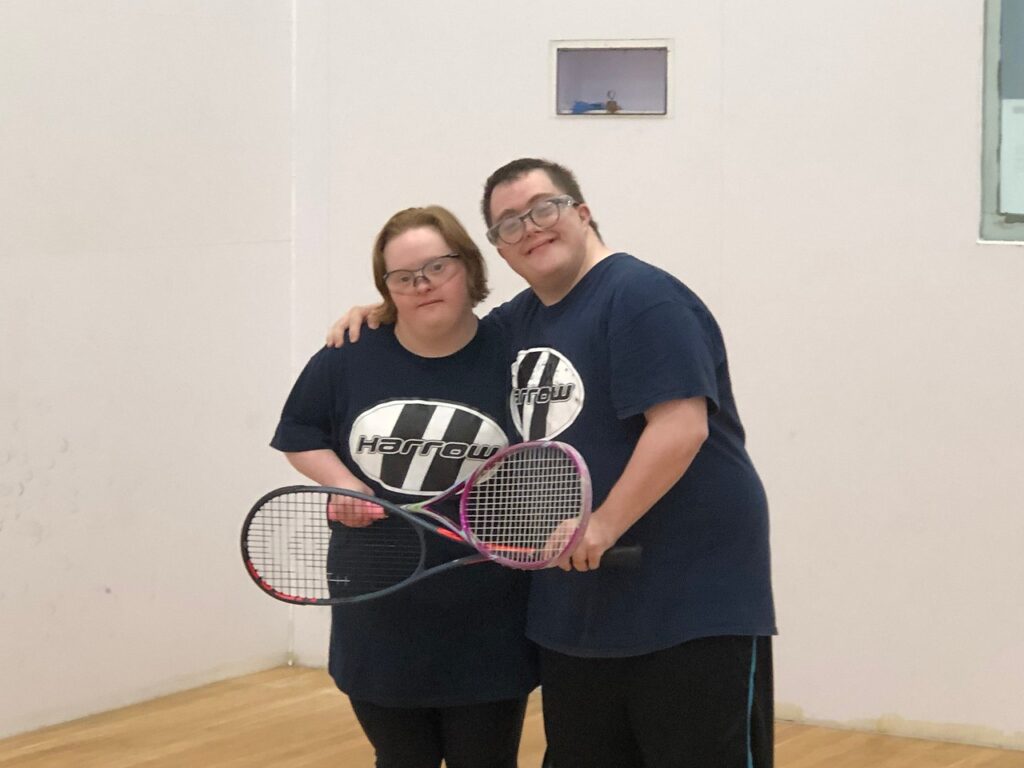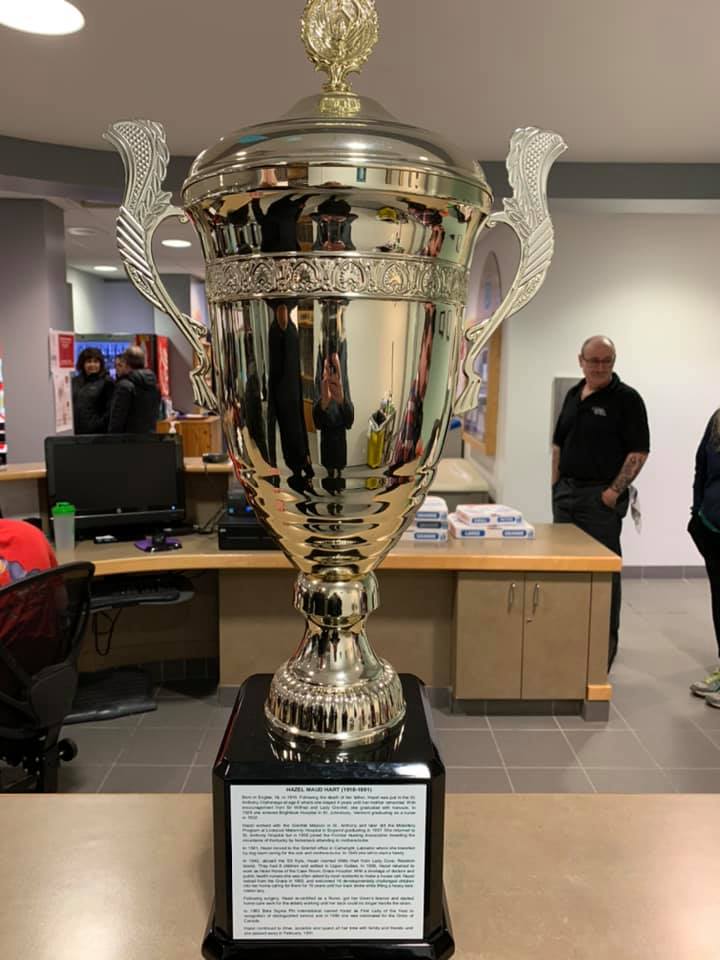Canadian Inclusivity Squash Program

Disability Squash Disability Squash Disability Squash


About Canadian Inclusivity Squash Program
CISP, established in 2019 is the first official inclusive squash program of its kind globally. Since its creation, it has helped four new CISP programs open in other Canadian cities, three in the province of Ontario, and another one in Alberta.
For far too long, squash has been a sport played predominantly by persons without disabilities. It is commonly acknowledged that people with disabilities face more challenges and barriers when they access sport and physical activity compared to people without disabilities. These include negative attitudes, inaccessible sporting venues, lack of trained staff to support persons with disabilities, cost and logistics.
CISP programs are dedicated to deliver squash to enhance the lives of persons with disabilities. NL’s program also recruits Coaching Assistants who are usually in high school or university and helps them learn how to coach squash and gives them opportunities to interact and become friends with people with disabilities.
Download the Full Program Description Here:
The World Health Organization has demonstrated that people with disabilities are at a disadvantage when it comes to the cost of living. Consequently, a goal of CISP is to keep the cost to participate as low as reasonably possible.
Currently, the Annual Participation Fee is $70. To maintain a low Participation Fee, opportunities to avail of grants and other types of support from the municipal, provincial and federal governments, local foundations, businesses, service clubs and the squash community are pursued.
For anymore information please contact e.hart@nl.rogers.com
Meet CISP Ambassador
Danielle Letourneau!
Former World Number 18 and current professional player Danielle Letourneau recently announced herself as an ambassador for Canadian Inclusivity Squash Program.
She hopes to use her profile to raise awareness of this innovative cause, and has recently visited them and took part in sessions with them!
Program Player Recruitment
Assistant Coaches Recruitment
Apart from using social media, players are recruited by contacting local and provincial organizations that represent the interests of those with Autism, ADHD, ADD, Down Syndrome, Scoliosis and so forth. In addition, contact with the provincial Special Olympics organization and Special Olympics clubs in the region is pursued. Bring-a-Buddy Days are also held each year so that existing players can actively help grow the program.
Assistant Coaches are recruited from local junior squash programs for those who are in high school or university/college. These young men and women are supervised by the Head Coach and are mentored to learn how to coach squash and how to interact positively and develop friendships with people with disabilities.
The Canadian Inclusivity Squash Program on CBC News
Conception Bay South man creating 1st known squash program for people with vision loss
On a squash court in Conception Bay South, N.L., 18-year-old Zack Harris slams the ball without missing a beat.
Harris is partially sighted — and though no one would ever know, this is his first time playing squash.
“Any new opportunity is a good opportunity, whether it fails or goes well,” said Harris.
As a person with partial vision, Harris said he’s found squash “entertaining” so far.
“I like the challenge of that. And I like the challenge of new things,” Harris explained.

Annual Tournaments
There is a tournament amongst all the players, normally scheduled for February or March each year. Prizes are available and selected by all entrants. The order of who chooses first is based on a lottery-style system. Every player in the tournament is given a ticket.
For each match won, the player is given another ticket. At the end of the tournament when all matches have been played, all tickets are put into a container and a draw is held.
The first player chosen can decide which prize they want. A player can only win one prize.
The champion of the tournament also has their name etched on the multi-year championship trophy named after Hazel Maud Hart who was a pioneer nurse and midwife in Newfoundland and, at the latter stage of her career, ran one of the first community-based homes caring for children with various medical conditions and disabilities.




